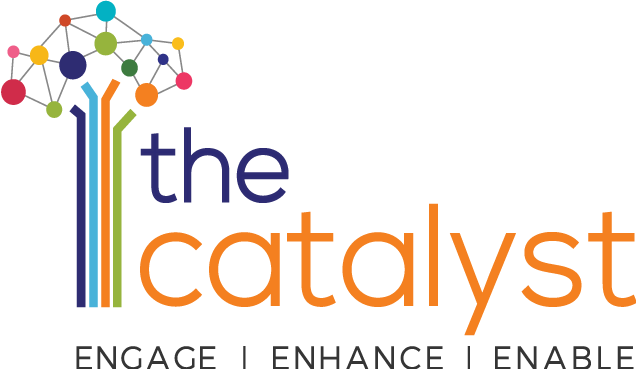Seema Mehta is recently promoted to senior manager. She is excited about her new role with lots of new responsibilities. At the same time, she is a bit worried as she feels the need to work on bettering her skills to fit in the role well. She is already experiencing discord between a few of her team members. And the top performer of the company who is part of her team is moving to another organisation.
Have you ever experienced something similar to this?
In fact, one of the research by CCL (Centre for Creative Leadership) pinpoints the key challenges faced by leaders in India. Some of them are –
- Developing Managerial Effectiveness – 23%
- Developing Employees – 19%
- Guiding Change – 17%
- Inspiring Others – 15%
- Leading a Team – 13%
- Managing Internal Stakeholders and Politics – 13%
By developing the right skills to tackle these challenges, you become a better leader and are able to grow in the organisation.
Some of these critical skills are on the personal front while the rest are for managing others. Grooming leadership talent for multiple organisations for the past 15 years at The Catalyst, we have noticed a few essential skills that are required for leaders at every level. Here they are:
10 Essential Leadership Skills that every leader should have
Broadly speaking, your leadership effectiveness is dependent on two types of essential skills – Personal Effectiveness and Managing Others.
1. Decision Making
As a leader, you are often presented with challenges in a growing organisation. To move forward and take advantage of the situation you have to be quick enough to take decisions and be right as well.
You are also accountable for the decision and have to drive the team accordingly. It demonstrates to the team that their leader is capable and confident. Good decision-making skills among leadership assures the ability to meet the needs of not just its employees, but clients and stakeholders as well.
2. Setting direction and Pace
A leader should be capable of providing clear objectives and priorities to the team. By clearly charting out the goals and instructing the pace to be followed, every member of the team knows what their role is.
With a clear sense of direction and purpose given by you, the team makes steady progress and meets the goals.
3. Delegating Effectively
A good leader guides the team to do their work efficiently without any micromanagement. The ability to ascertain the strengths and weaknesses of your people will work in your favour to do it efficiently.
An effective delegation –
- Makes your team feel responsible and they are able to take decisions on their own.
- Boosts team morale as they find their leader trusting their capabilities.
- Helps you identify the most suited team member for any special project/challenge
- Frees your time as a leader for higher-level tasks and responsibilities
4. Managing Stakeholders
Stakeholders are individuals or groups that have a vested interest in your organization or project, and they can include customers, employees, shareholders, suppliers, regulators, and more. Effectively managing stakeholders can help ensure that your organization is successful and sustainable.
Managing stakeholders effectively requires you to have strong communication skills, the ability to build and maintain relationships, and the ability to engage and involve stakeholders in the decision-making process.
5. Emotional Intelligence
Emotional Intelligence refers to your ability to recognise and manage your own emotions as well as others’ emotions. It involves self-awareness, self-regulation, empathy and social skills.
It helps leaders to communicate more effectively and build strong relationships with team members and stakeholders. The team members feel comfortable in approaching such a leader with their concerns/ideas. In a nutshell, all these help to maintain a positive and collaborative work environment.
6. Influencing Others
Influencing others is a critical leadership skill that can help you achieve your goals and drive change within your organization. It involves the ability to persuade and motivate others to take action, whether it’s getting buy-in for a new project, convincing team members to adopt a new process, or inspiring stakeholders to support your vision.
For influencing others, you require a combination of strong communication skills, the ability to build relationships, and the ability to persuade and motivate others.
7. Building Trust and Negotiating Effectively
Trust is the foundation of any successful relationship, and it is built over time through consistent actions, transparency, and the ability to follow through on your commitments.
Negotiating effectively, on the other hand, involves the ability to communicate your needs and interests, listen to and understand the needs and interests of others, and find mutually beneficial solutions.
Building trust and negotiating effectively are essential leadership skills that can help you build strong relationships and achieve your goals.
8. Effective Communication
The ability to clearly and effectively communicate your vision, as well as listen to and understand the needs and concerns of your team and stakeholders, is crucial for any leader. This includes both verbal and nonverbal communication, as well as the ability to adapt your communication style to different audiences.
It helps to build and maintain strong relationships with team members and stakeholders. As a leader, effective communication enables you to manage conflicts and resolve issues as well.
9. Problem-Solving
 Problem-solving is a crucial leadership skill that can help you and your team navigate challenges and find creative solutions to complex problems. It involves the ability to analyse a situation, identify root causes, and develop and implement effective solutions.
Problem-solving is a crucial leadership skill that can help you and your team navigate challenges and find creative solutions to complex problems. It involves the ability to analyse a situation, identify root causes, and develop and implement effective solutions.
10. Leading and Managing Change
Leading and managing change is a key challenge for many leaders. Whether it’s implementing a new strategy, introducing a new product or service, or navigating a major shift in the industry, change can be difficult and disruptive.
As a leader, you have to guide the team through these changes and help them adapt and thrive in the new environment. Leading and managing change requires strong communication skills, the ability to involve and engage your team, and the ability to adapt and stay flexible.
The absence of these skills in a leader can slow down the growth of the organisation. Not having a positive and collaborative work environment can reduce productivity, further resulting in higher attrition. And as the person leading from the front, you may struggle to excel, affecting your career growth.
So, it is ideal to invest time and energy in building these essential leadership skills.
How to build these leadership skills?
The good thing about these leadership skills is that they can be learned. Thanks to the highly engaging leadership training programs available. Talk to your HR and express your interest in attending them.
The Catalyst specialises as a leadership training program partner for multiple organisations. We have come up with best-in-class training interventions suited for different leadership styles. They are highly engaging and blend easily with your working schedules.
Contact Us for a quick overview of our leadership skills training programs.
Our Programs
Here is a list of all our Leadership Skills Training Programs.
Success Stories
Check out some of the earlier projects undertaken by The Catalyst.
Testimonials
Read what our participants have to say about our programs!





Leave a Reply
Your email is safe with us.
You must be logged in to post a comment.